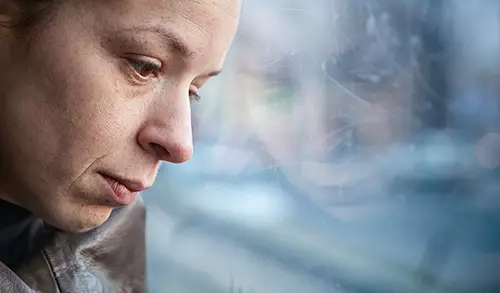What Is Detox?
 Most people hear the word detox when discussing drug addiction treatment. It’s a necessary first step for individuals going through substance abuse recovery. Overall, detoxification clears your body from the poisonous influence of drugs. It also sets a strong foundation for the next stages of rehabilitation.
Most people hear the word detox when discussing drug addiction treatment. It’s a necessary first step for individuals going through substance abuse recovery. Overall, detoxification clears your body from the poisonous influence of drugs. It also sets a strong foundation for the next stages of rehabilitation.
The Importance Of Detox
If you or a loved one uses drugs or alcohol, you probably notice how drug use affects their behavior. You can’t always think straight or behave appropriately when you’re under the influence. Therefore, no matter how strong your intentions for recovery are, if you don’t clear drugs from the body, deeper healing is impossible.
Many people have trouble detoxing alone. Within a few hours of your last dose, you’ll begin feeling withdrawal symptoms. These are different for certain individuals and types of drugs. Overall, they range from mild to life-threatening.
Even if you only have mild withdrawal symptoms, you may find them difficult to manage. Because your body acclimates to functioning with a certain amount of chemicals present, it doesn’t know how to react when you suddenly quit.
Common Withdrawal Symptoms
Most people experience nausea, shakiness, headaches, irritability, and pain while going through detox. If you go through withdrawal alone, you’ll only have two options for relieving your discomfort. You either continue struggling until symptoms dissipate or use again. Thus most people who attempt detox alone end up relapsing.
Alcohol withdrawal is especially dangerous without medical supervision. For example, your body goes into a state of hyperactivity when you stop drinking.
Because alcohol slows your nervous system for a significant amount of time, you may have a hard time dealing with the surge of activity. Serious side effects of alcohol detoxification include seizures, increased heart rate, and elevated blood pressure.
However, a reputable rehab center or detoxification program can help you get through this crucial stage comfortably. Medical staff monitors your status day and night and administers medication to make the process more tolerable.
The Stages of Detox
The detoxification process consists of several stages. During intake, you’ll undergo an evaluation to find out more about your health and history. Afterwards, you’ll work with a staff member to come up with the most effective strategy for your needs. Overall, the majority of the treatment involves stabilizing your body as you go through withdrawal.
Addiction treatment is a journey. Thus, it doesn’t end with detoxification. You may require ongoing treatment and maintenance throughout your life.
What Happens Next?
Transitioning back to your everyday life can be difficult after going through detoxification. You have to learn how to go about your daily routines without drugs. Therefore, you must develop coping strategies for handling stress and triggers that make you want to relapse.
An effective rehabilitation program addresses your physical, emotional, psychological, and social needs as you work to reestablish your quality of life. At 1st Step Behavioral health, we offer diverse treatments to help patients build the necessary strength for successful recovery including:
• Psychotherapy
• Individual counseling
• Group and family therapy
• Music and art therapy
• Massage therapy and acupuncture
Many of our patients stay with us for six months to one year in order to get the long-term care they need. Fortunately, our transitional living program helps them regain the confidence they need to manage their daily lives again.
Above all, we understand how going through detox can make you apprehensive about seeking treatment. Call us at (855) 425-4846 to find out how we can make the process more comfortable for you.
Take the First Step Today
We can help you get better. Contact us today to find out which program might be right for you, or to begin the process of arranging for treatment.
